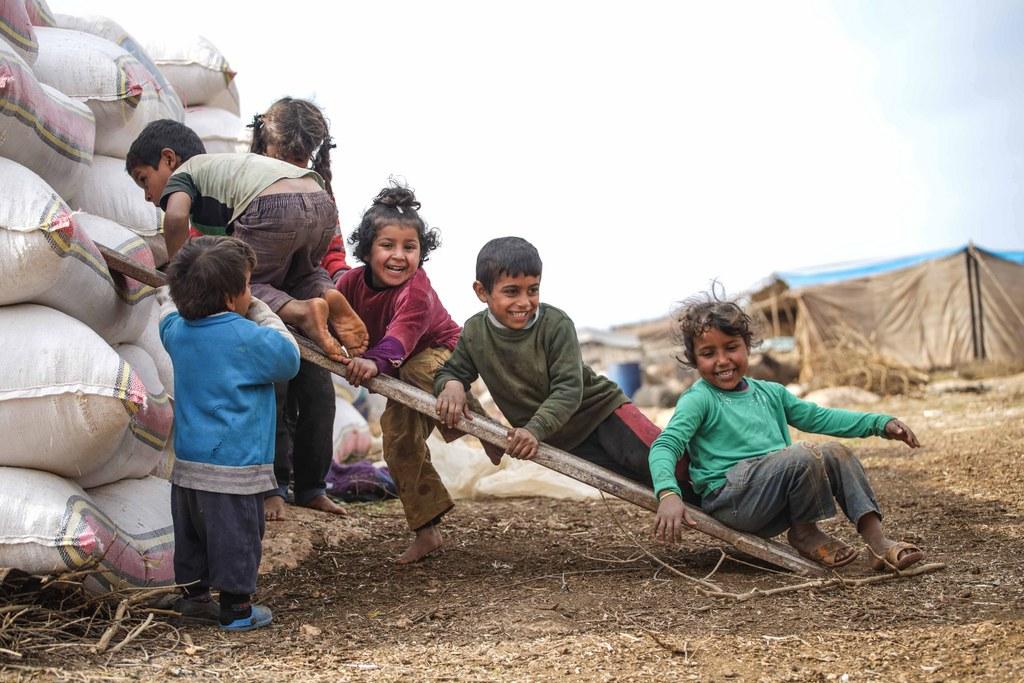
ICRC sees surge in tracing requests for missing Syrians

Owing to better access to Syrian conflict areas, the Swiss-run International Committee of the Red Cross (ICRC) has seen a big increase in tracing requests from Syrians urgently looking for their loved ones.
Since the beginning of the conflict, the ICRC has received a total of 13,000 tracing requests in Syria from people seeking loved ones. Around one quarter of those requests were made last year.
Inquiries on the missing have come from all over Syria, neighbouring countries, Europe, the United States and the rest of the world. The Red Cross is increasing its capacities to handle requests, as up to now it has only had very limited success in reuniting Syrian family members.
On Wednesday, ICRC President Peter Maurer, who visited Syria in March, told reporters in Geneva that the country was at a crossroads and entering a “post-battle” era. Either the situation will result in “consensus to end the war or we will again see a very dangerous situation,” the Swiss official commented.
+ Syria – what will it take to make peace?
An estimated 450,000 people have been killed in the fighting in Syria since President Bashar al-Assad’s government cracked down on demonstrations calling for his ouster in 2011. Eight years into the conflict, more than 13 million Syrians need humanitarian assistance and around a quarter of the population is displaced in neighbouring countries like Lebanon, Jordan and Turkey, according to the United Nations.
The ICRC, like UN aid agencies, is particularly concerned by the current situation in north-western Idlib province, the largest populated area of Syria in the hands of insurgents fighting Assad’s government. Aid groups have warned of a new disaster if Idlib, which is hosting thousands of displaced people from other towns, is the next target of the Syrian military.
The ICRC’s recent focus in Syria has been on Eastern Ghouta, recaptured by the Syrian army last month, and the Kurdish-held Afrin enclave. Maurer said the humanitarian organization hopes to soon provide aid to Raqqa, which was the de facto capital of the Islamic State’s “caliphate” until its ouster in October. However, unexploded ordinance and mines have complicated the ICRC’s work in the city.
The ICRC also has access to prisons where it can carry out protection activities, but in Syria it can only go into official state-run prison facilities.
Maurer is due to visit the Democratic Republic of Congo in ten days’ time. He will then travel to Myanmar and Bangladesh in late June to address the Rohingya refugee crisis.

In compliance with the JTI standards
More: SWI swissinfo.ch certified by the Journalism Trust Initiative































You can find an overview of ongoing debates with our journalists here . Please join us!
If you want to start a conversation about a topic raised in this article or want to report factual errors, email us at english@swissinfo.ch.